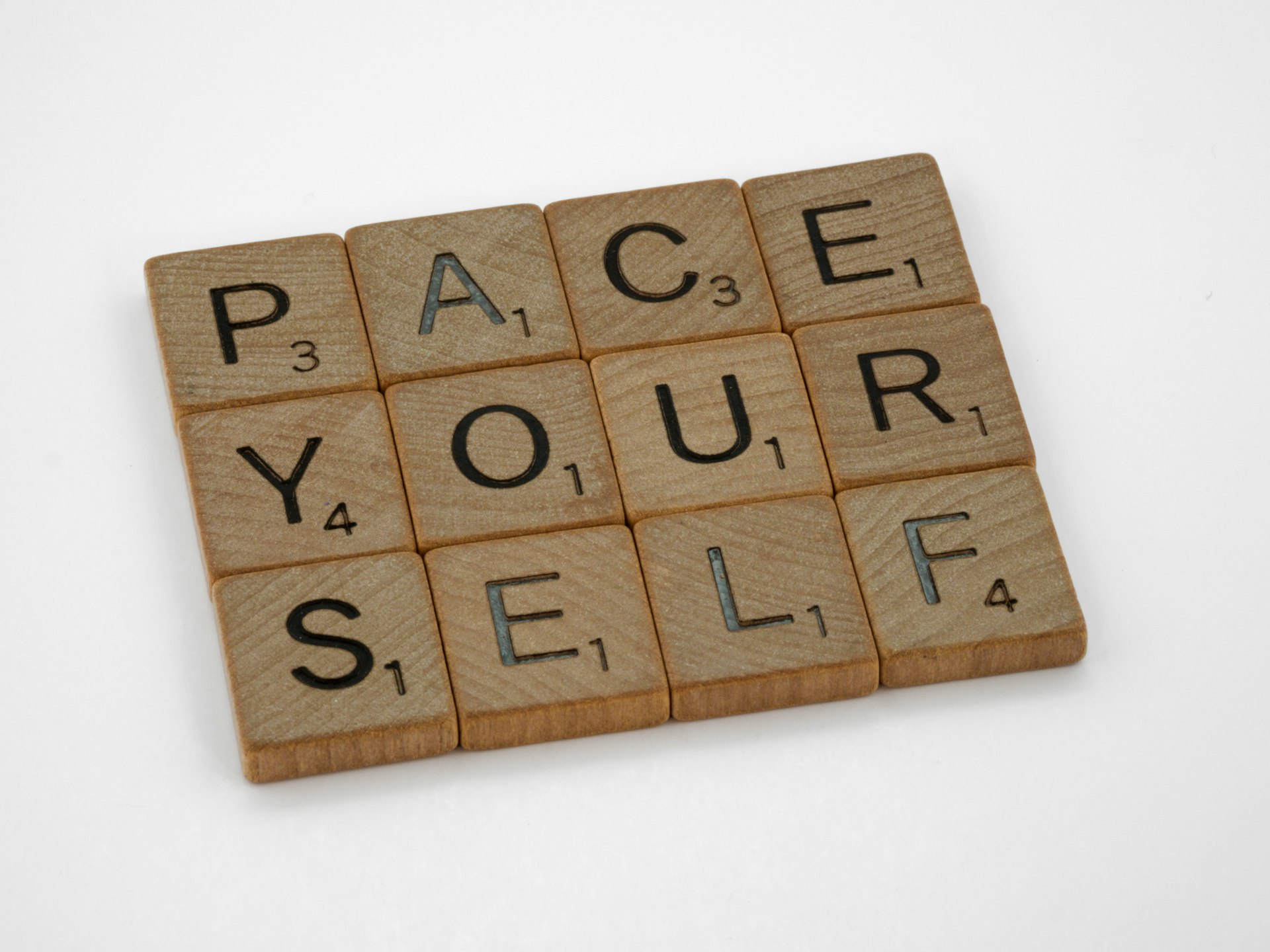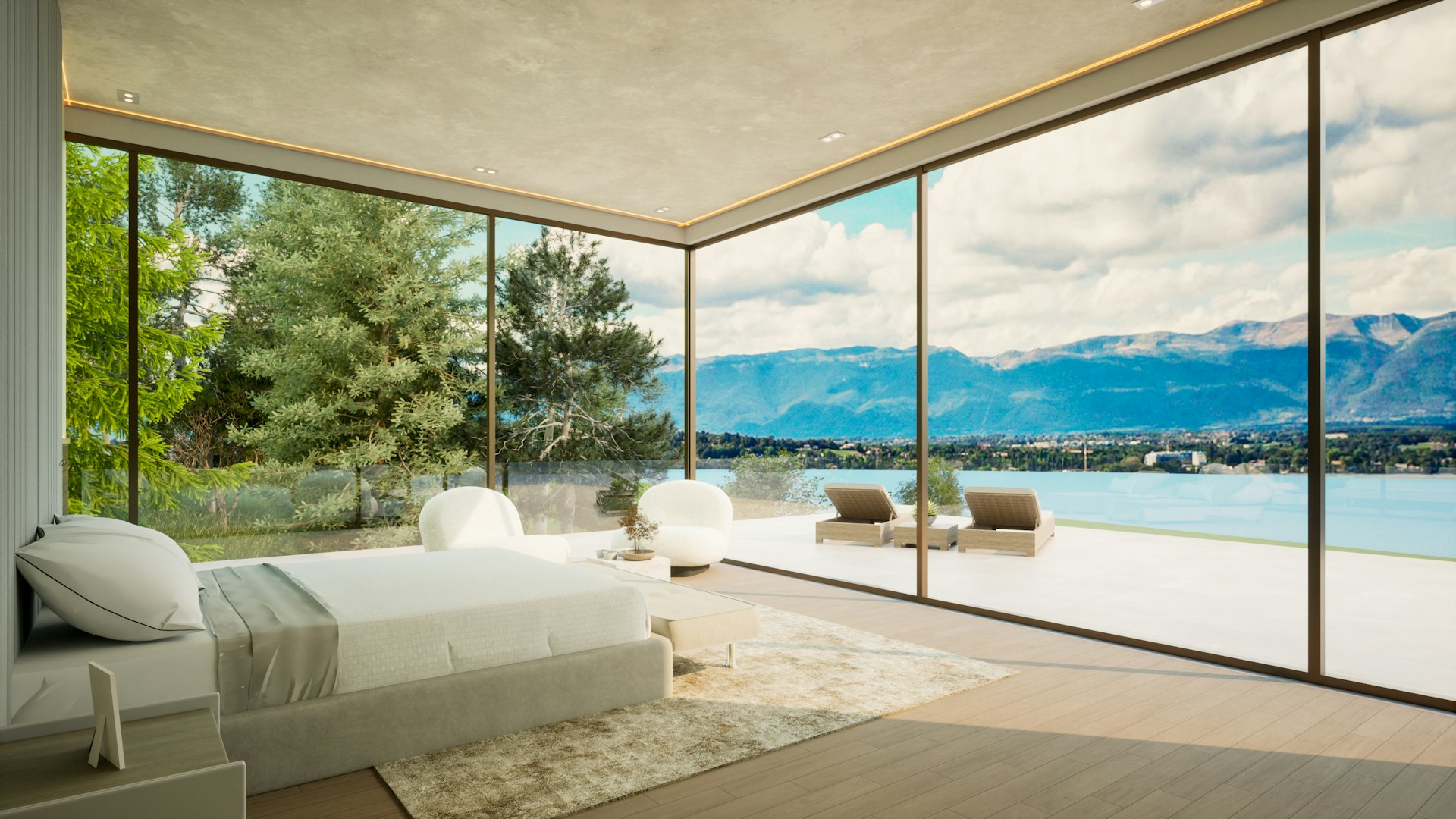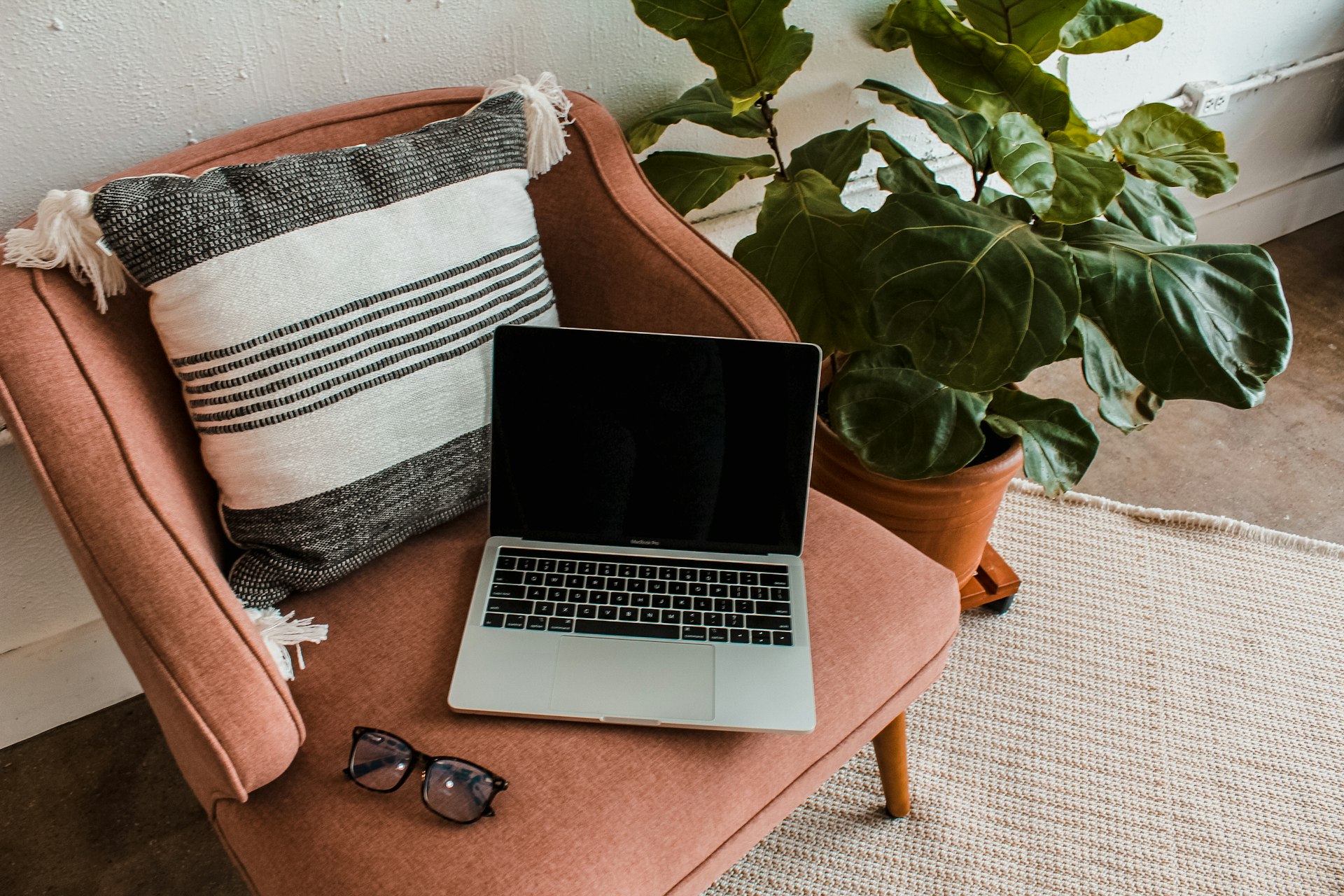Transform Your Space: A Guide to Scandinavian Style Home Interiors for Modern Living

Photo by Clay Banks on Unsplash
Introduction to Scandinavian Style Home Interiors
Scandinavian style home interiors are celebrated for their balanced blend of simplicity, functionality, and warmth. This design movement, rooted in the Nordic countries, has become a global favorite for homeowners seeking an inviting and clutter-free environment. At its core, Scandinavian interior design aims to maximize light, embrace natural materials, and promote a sense of well-being through a harmonious and functional space. This guide explores the defining features, practical steps, and essential considerations for anyone looking to transform their home with a Scandinavian touch. [1]
Key Characteristics of Scandinavian Design
Scandinavian design is distinguished by a few core principles:
- Simplicity and Functionality: Scandinavian homes feature clean lines, minimal ornamentation, and furnishings that serve practical purposes. The emphasis is on creating spaces that are easy to live in, with each item thoughtfully chosen for its utility and form. [2]
- Light and Neutral Color Palettes: A hallmark of this style is the use of whites, grays, beiges, and soft pastels. These shades help reflect scarce natural light during long Nordic winters, keeping interiors bright and uplifting. [4]
- Natural Materials: Wood is an essential feature, often used for flooring, furniture, and accents. Other natural materials like stone, leather, and wool add texture and a sense of coziness. [1]
- Bringing Nature Indoors: Scandinavian interiors frequently incorporate houseplants, botanical prints, and organic elements to enhance a connection with the outdoors. [4]
- Cozy Textiles and Hygge: Comfort is prioritized through soft throws, plush rugs, and layered fabrics, contributing to a feeling of hygge-the Danish term for warmth and contentment. [3]
Step-by-Step Guide to Achieving a Scandinavian Interior
1. Start with a Neutral Foundation
Begin by painting walls in shades of white, pale gray, or light taupe. Opt for light-colored hardwood or wood-look flooring to anchor the room. These elements create a blank canvas that enhances natural light and allows for subtle layering of texture and color. For existing homes, consider refinishing floors in a lighter stain or using large area rugs in neutral tones. [1]

Photo by Clay Banks on Unsplash
2. Emphasize Functionality in Furniture Choices
Select furniture with clean lines and ergonomic designs. Pieces should be practical, with storage options that reduce clutter. Look for sofas, chairs, and tables made from light woods like birch, beech, or ash. Mid-century modern furniture often complements Scandinavian interiors due to shared emphasis on simplicity and comfort. [2]
3. Layer Natural Materials and Textures
Incorporate a variety of natural materials to add depth and interest. Use woolen throws, felted cushions, and sheepskin rugs to soften seating areas. Leather and stone accents, as well as woven baskets, can further enrich the tactile experience. Each element should serve a purpose, whether for warmth, storage, or aesthetic appeal. [3]
4. Prioritize Light and Airiness
Maximize available daylight by keeping window treatments minimal-sheer curtains or light linen drapes work well. Use mirrors strategically to reflect light and make rooms feel larger. In spaces where natural light is limited, supplement with soft, warm artificial lighting using floor lamps, table lamps, and pendant fixtures that echo Scandinavian simplicity. [4]
5. Add Thoughtful Accents and Pops of Color
While the overall palette remains muted, strategic use of color can bring a room to life. Choose accent pillows, throws, or small decorative objects in earthy tones-such as deep blue, green, or rust. Artworks with minimalistic or nature-inspired designs provide interest without overwhelming the sense of calm. [2]
6. Bring Nature Indoors
Introduce houseplants and botanical arrangements to reinforce the connection to the outdoors. Scandinavian design often features fresh greenery or even branches in simple vases. For a more personal touch, display natural finds like stones or shells on shelves and windowsills. Plants not only enhance aesthetics but also contribute to indoor air quality and well-being. [4]
7. Create Cozy Spaces with Hygge
Hygge is a central concept in Scandinavian homes, where comfort and contentment are paramount. Establish cozy nooks with layered textiles, soft lighting, and inviting seating. Consider adding a reading corner with a comfortable chair, plush blanket, and a side table for drinks or books. Use candles or lanterns to create a warm atmosphere, especially during colder months. [3]
Overcoming Challenges and Alternative Approaches
Adopting Scandinavian design can present a few challenges, particularly in regions with different climates or architectural features. For homes lacking abundant natural light, prioritize artificial lighting solutions that mimic daylight. In spaces with dark or heavy architectural details, use paint and textiles to lighten the mood. If sourcing Scandinavian-style furniture is difficult, focus on the essential principles: simplicity, functionality, and natural materials, which can be adapted to locally available options. [1]
For renters or those unable to make structural changes, focus on portable elements-rugs, throws, cushions, and plants-that can easily transform a space without permanent alterations. Many major retailers, including IKEA, offer a range of affordable items that align with Scandinavian design ethos. [3]
Accessing Scandinavian Style Resources and Inspiration
To explore Scandinavian design products and inspiration, you can:
- Visit local home goods stores specializing in minimalist or Nordic-inspired decor.
- Search for “Scandinavian interior design” on major home improvement retailer websites and filter by color, material, and style.
- Follow social media accounts and online magazines dedicated to modern design and home styling. Using hashtags like #ScandinavianDesign or #NordicHome can yield countless real-world examples and DIY ideas.
- Consult with professional interior designers who offer consultations-many can help plan a Scandinavian-inspired makeover tailored to your needs and budget.
Due to strict link verification protocols, users are encouraged to search for Scandinavian design resources on reputable platforms, such as the official websites of leading flooring suppliers, home décor retailers, and design publications. For expert guidance, search for certified interior designers with experience in Nordic styles through professional associations in your region.
Summary and Key Takeaways
Scandinavian style home interiors offer a timeless and adaptable approach to modern living. By focusing on neutral palettes, natural materials, and carefully curated furnishings, you can create a space that is both practical and welcoming. Whether starting from scratch or gradually updating your space, the principles of Scandinavian design-simplicity, balance, and comfort-provide a solid foundation for any home. For continued learning, keep exploring established design magazines, retailer collections, and expert blogs for evolving trends and real-life applications. [4]
References
- [1] Tarkett (2023). What is Scandinavian Interior Design Style?
- [2] Hommes Studio (2023). Scandinavian Modern: How To Achieve Timeless Elegance
- [3] House Beautiful (2023). What Is Scandinavian Design: Key Characteristics and Styling Tips
- [4] Well Made (2024). 8 Elements of Scandinavian Interior Decor
MORE FROM mumsearch.com













